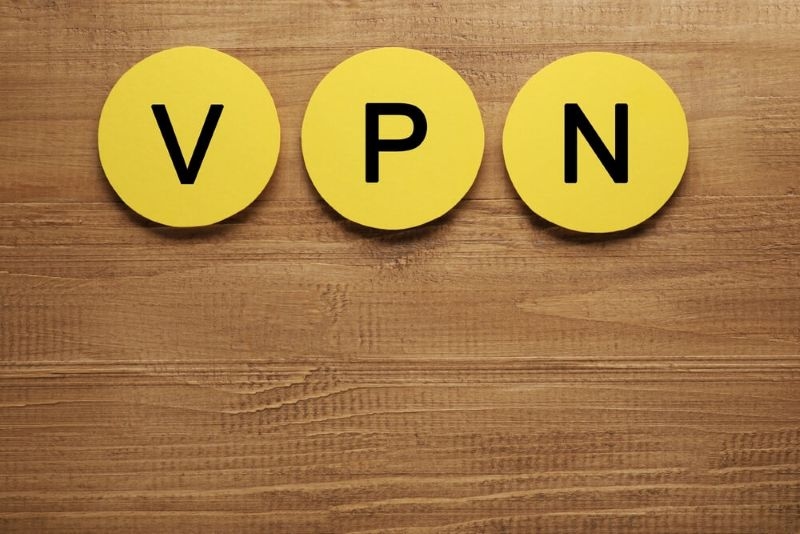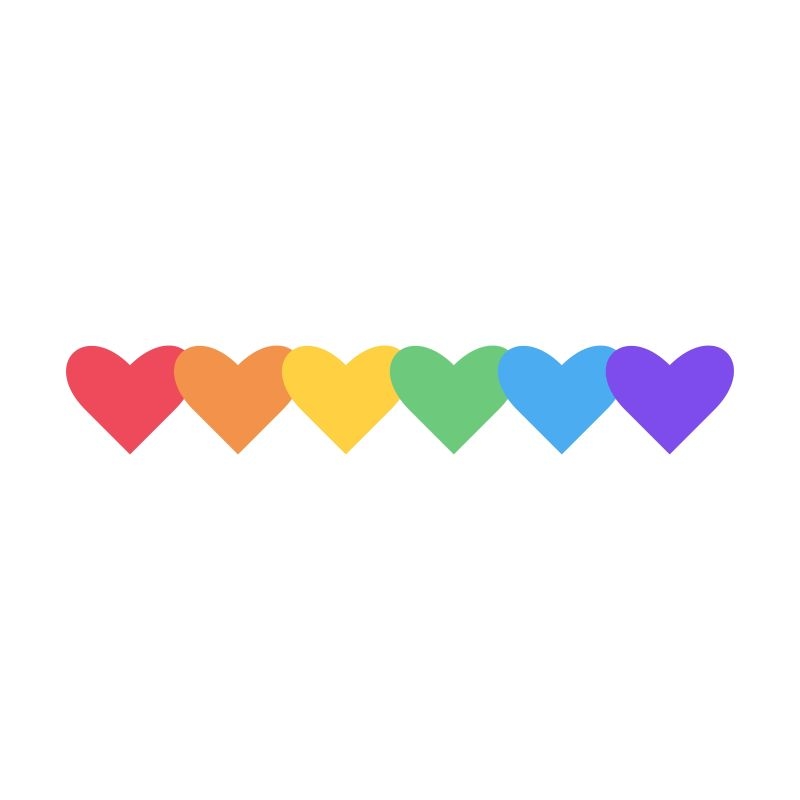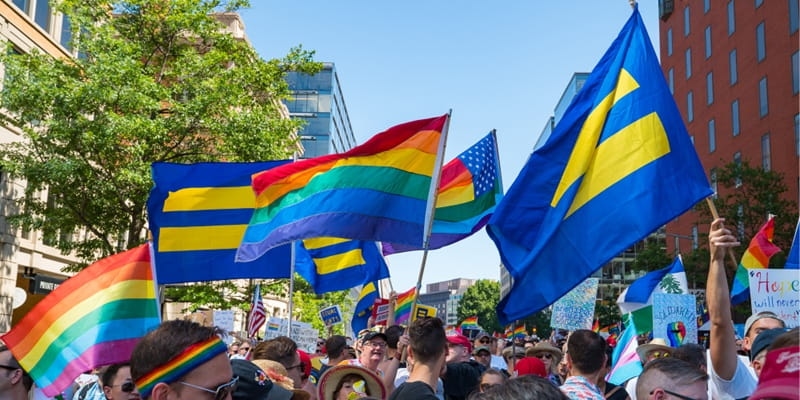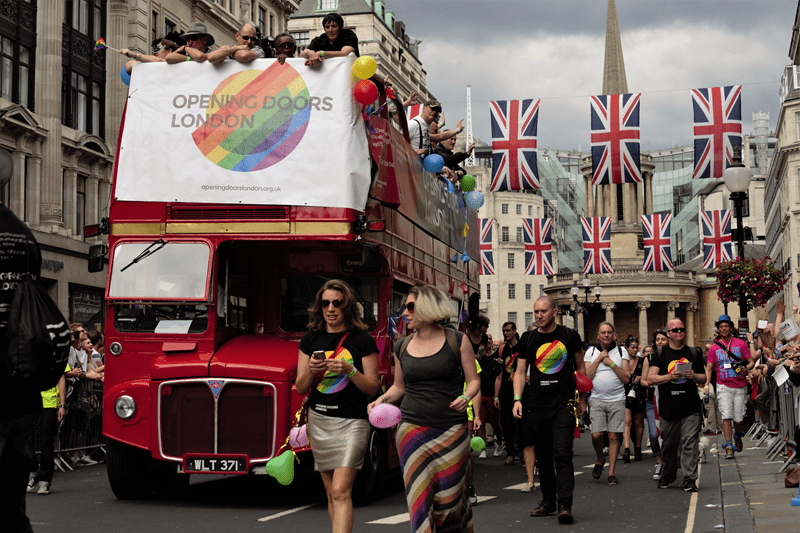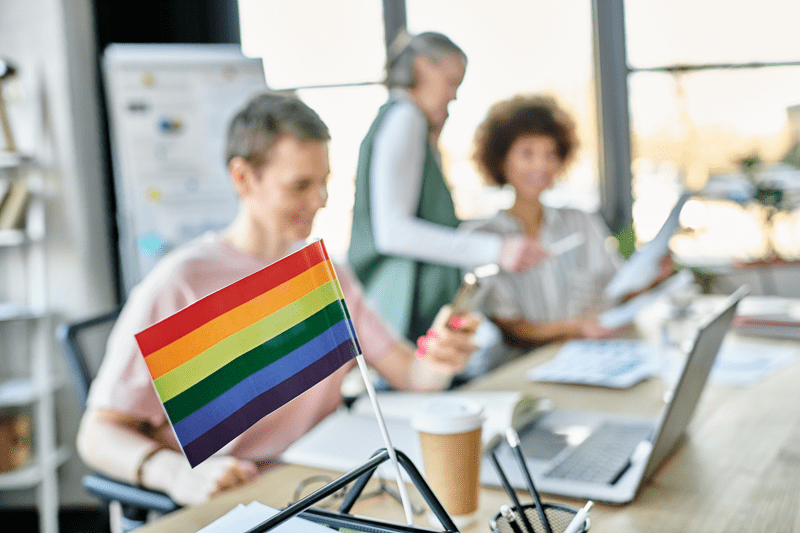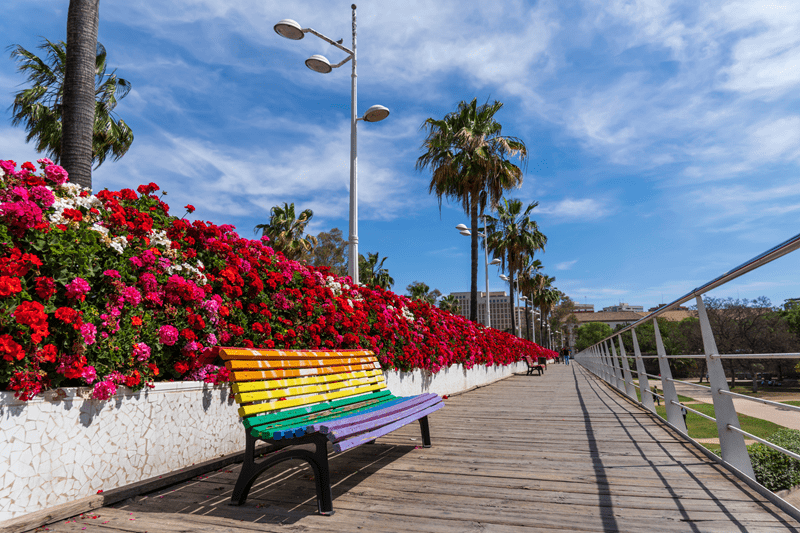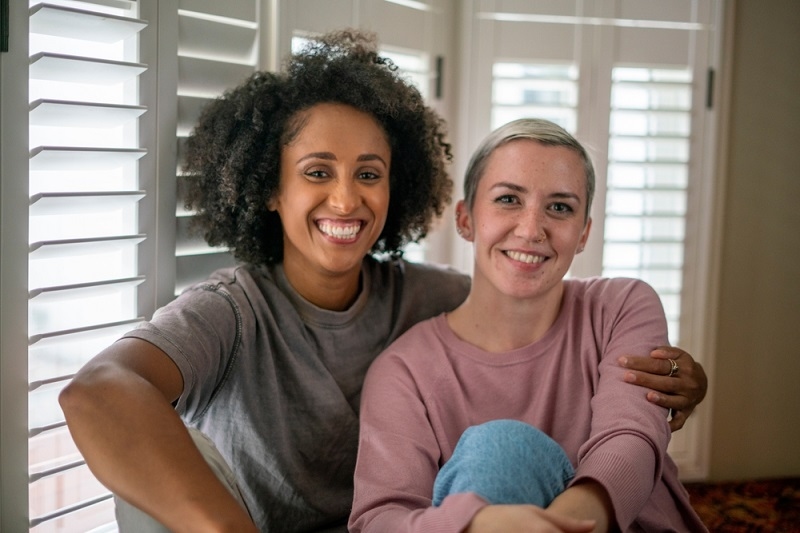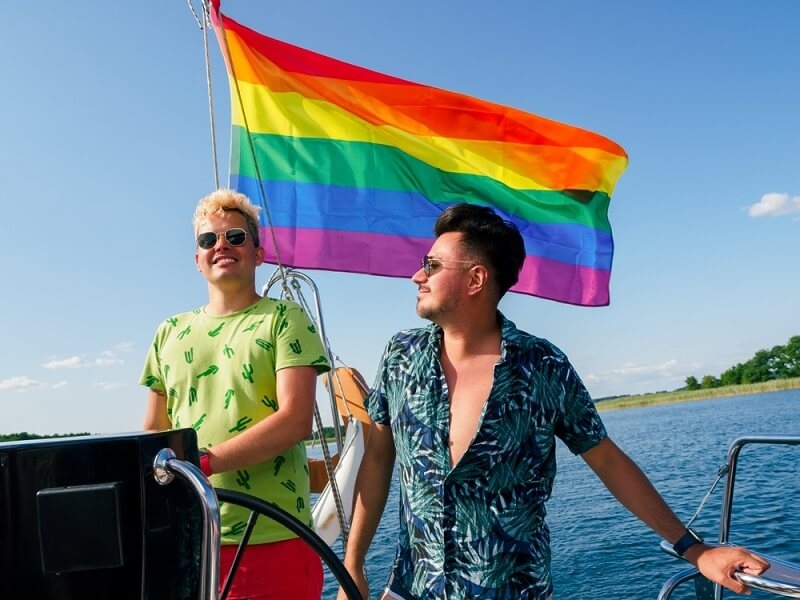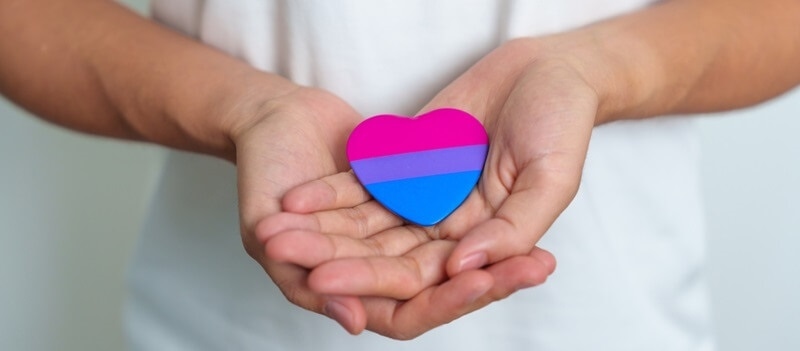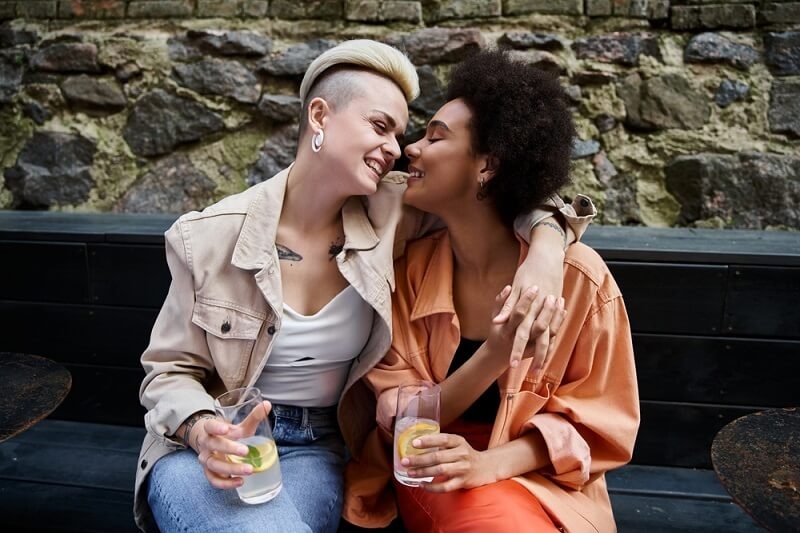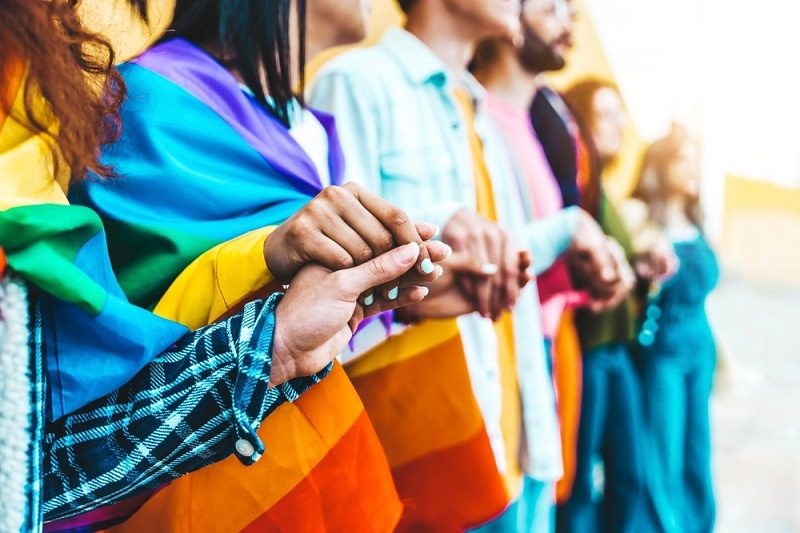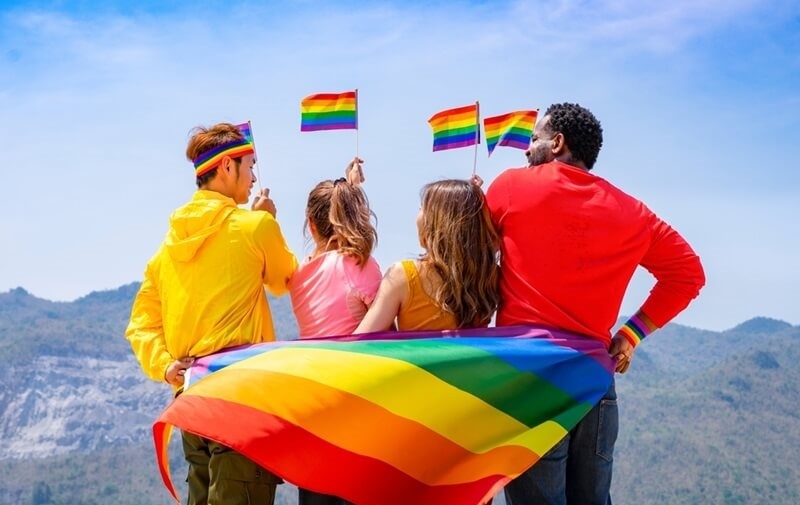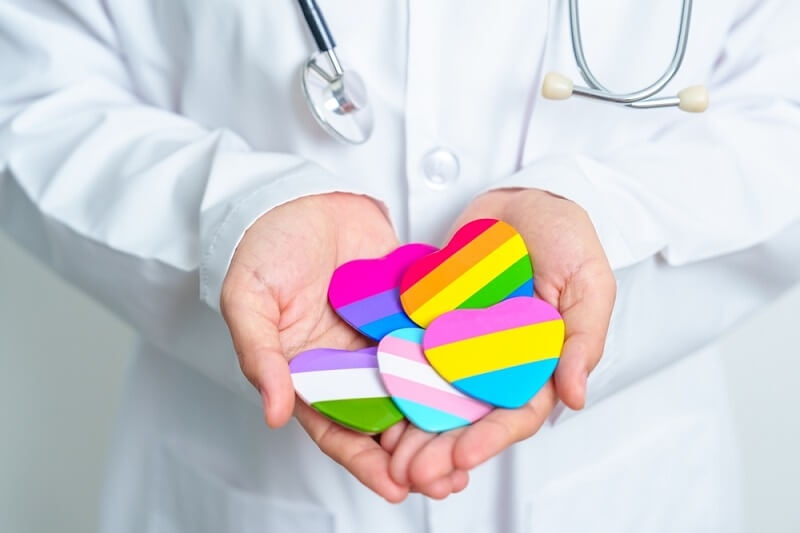Celebrating LGBTQ+ History Month: Recognizing Our Journey

Every October, LGBTQ+ History Month reminds us of the rich experiences, struggles, and wins of the LGBTQ+ community. This month focuses not only on the history and achievements of LGBTQ+ individuals but also on the ongoing fight for LGBTQ+ rights. As we read more about this month's significance, we will explore different milestones, the roles, the importance of pride, and the connection through the community.
Historical Milestones
This month also pays homage to pivotal historical moments and the fights that have helped us walk the path of equality. Each of these landmark events is adorned with hope and perseverance, allowing us to take joy in the wins won while preparing for the challenges that remain.
The Stonewall Riots
One of the most important events in LGBTQ+ history was the Stonewall Riots in June 1969 at the Stonewall Inn in New York City. This spontaneous rebellion against police harassment was a turning point in the fight for LGBTQ+ rights. The riots galvanized the community, leading to the formation of advocacy groups and the first pride marches.
The anniversary of the Stonewall Riots is now celebrated worldwide as Pride Month, symbolizing the ongoing struggle for LGBTQ+ equality.
The AIDS Crisis
The 1980s also brought another challenge in the LGBTQ+ history- the AIDS crisis. Initially, it was met with vast defiance from the government and the masses, and this epidemic put a huge strain on the LGBTQ+ community.
Soon, activists started organizations like ACT UP or AIDS Coalition to Unleash Power to take action, fund activities, and conduct research to solve this problem.
Their efforts not only brought attention to the problem but also changed public perceptions of LGBTQ+ individuals, highlighting their humanity and urgent need for access to health care. The AIDS crisis demonstrated the power of the grassroots and the need for community solidarity in the face of adversity.
Legalization of Same-Sex Marriage
This fight for allowing same-sex marriages has been a crucial nook of the 21st century, with constant legal battles and societal turnarounds. In 2015, the US historically legalized same-sex marriages nationwide, making it a win for the LGBTQ+ community. This decision restored the dignity within same sex couples, and gave recognition to the community in a mainstream manner.
Similar developments have occurred in many countries worldwide, reflecting the growing recognition of the importance of marriage equality. Giving equal rights with an unbiased representation is one of the most community-driving decisions. The government can connect with their audience by paying notice to the changing times of freedom and equality.
Ongoing Struggles
While a lot of progress has been made in the social and legal acceptance of this community, the battle for LGBTQ+ rights is not over. There exists core issues like discrimination in employment, real estate, and in hospitals exist. Minority groups within this community get targeted the most.
With this, many states are continuing to introduce new legislation that severely discriminates against the rights and lives of transgender people, especially in the areas of healthcare and sports. With this, there still exists a lot of targeted criminal activities against this community on the basis of their unique identities, making it a stressful time for the community.
Many countries like India also carry a conservative approach towards these identities, not allowing enough space and acceptance for them in the country. These ongoing struggles must be understood and addressed to understand the recent events concerning LGBTQ+ rights and why activism is still needed.

Activism in the LGBTQ+ Community
Activism is one of the stepping stones for the LGBTQ+ rights movements, with changes occurring due to advocacy, protests, and bias-free education. Here, the sheer will and commitment of many people and organizations have played a substantial role in fighting off discrimination and for legal changes.
The Role of Organizations
Since the beginning, different organizations have been helpful in enhancing LGBTQ+ rights. For example, the Human Rights Council, or HRC, has strongly advocated for equal rights at different legislative levels. This organization also invests in research and works on the grassroots level of society.
One more prominent example of these organizations is the GLAAD, or Gay & Lesbian Alliance Against Defamation. This organization strives to showcase an unbiased representation of LGBTQ+ individuals in the media to fight stereotypes.
Organizations like these have many resources and wide support to continue their cause. They educate the public, influence policy decisions, and create bold stages for the LGBTQ+ community to speak their own voice.
Grassroots Movements
With contention to these well-established groups, some activists at the grassroots level also exist to fight this struggle. Local activist organizations usually pay attention to community-based issues, increasing community and individual empowerment. Movements like this help us realize how every effort matters. It tells us that localized activism lets individuals address issues from the beginning.
These localized groups have been really important when posed with harmful crises like the AIDS epidemic and the violence against the transgender individuals. These local groups can work quickly by mobilizing support and showing the strength in community action.
The Impact of Social Media
This digital age of social media has given activism a completely new face. Social media platforms like Instagram, X, and Facebook are widely used to spread awareness, promote events, and build communities through shared experiences. Online activists can reach a much larger audience, have real-time conversations, and connect with like-minded individuals to garner support for effective causes.
Social media has also given a stage to the LGBTQ+ community, letting members talk and share their experiences while becoming activists themselves. Actors like Trinetra Haldar are using this platform to give a voice to marginalized voices and demand change. This heightened accessibility to activism has developed a sense of solidarity for a community seeking immediate justice.
Pride Movements: A Celebration of Identity
Pride movements and celebrations are moments of victory for the LGBTQ+ voices, their resilience, and their organizations. These moments are a reminder of the continued discrimination and targeted violence toward the diverse communities within the LGBTQ+ spectrum.
The Origins of Pride
The origins can be traced to the previously discussed Stonewall Riots, which started the first sets of pride marches in 1970. These marches were to gather communities to pay homage to the riots while demanding equality. Through the years, these events have become global events, with different activities like parades, festivals, educational booths, and drives.
Celebrating Diversity
LGBTQ+, or lesbian, gay, bisexual, transgender, queer, and more, has a rich history, with all of these communities having their struggles and victories. Pride allows us to have a platform to uplift margnizalised communities while spreading education globally.
Embracing Intersectionality
The LGBTQ+ community contains numerous identities, sexual orientations, and ways of expression. Intersectionality refers to any ongoing issues that arise from the overlapped systems of oppression and stolen privilege among different communities.
For the LGBTQ+ community, this means understanding how socioeconomic factors like race, gender, and economic status affect their experiences.
This also puts forwards a major importance of having inclusive narratives known globally. So far, these narratives are majorly filled with the experiences of white or cisgender men only. This puts different communities at a harm. Such a narrow focus will limit the community's issues by targeting systematic inequalities.
Conclusion
As we celebrate the LGBTQ+ community, let us collectively read about it, from its struggles to its major wins. Understanding this rich history will allow us to advocate strongly for a better, inclusive, and equal future. By knowing the past, we can demand action by striving for authenticity and a free world without fear.






